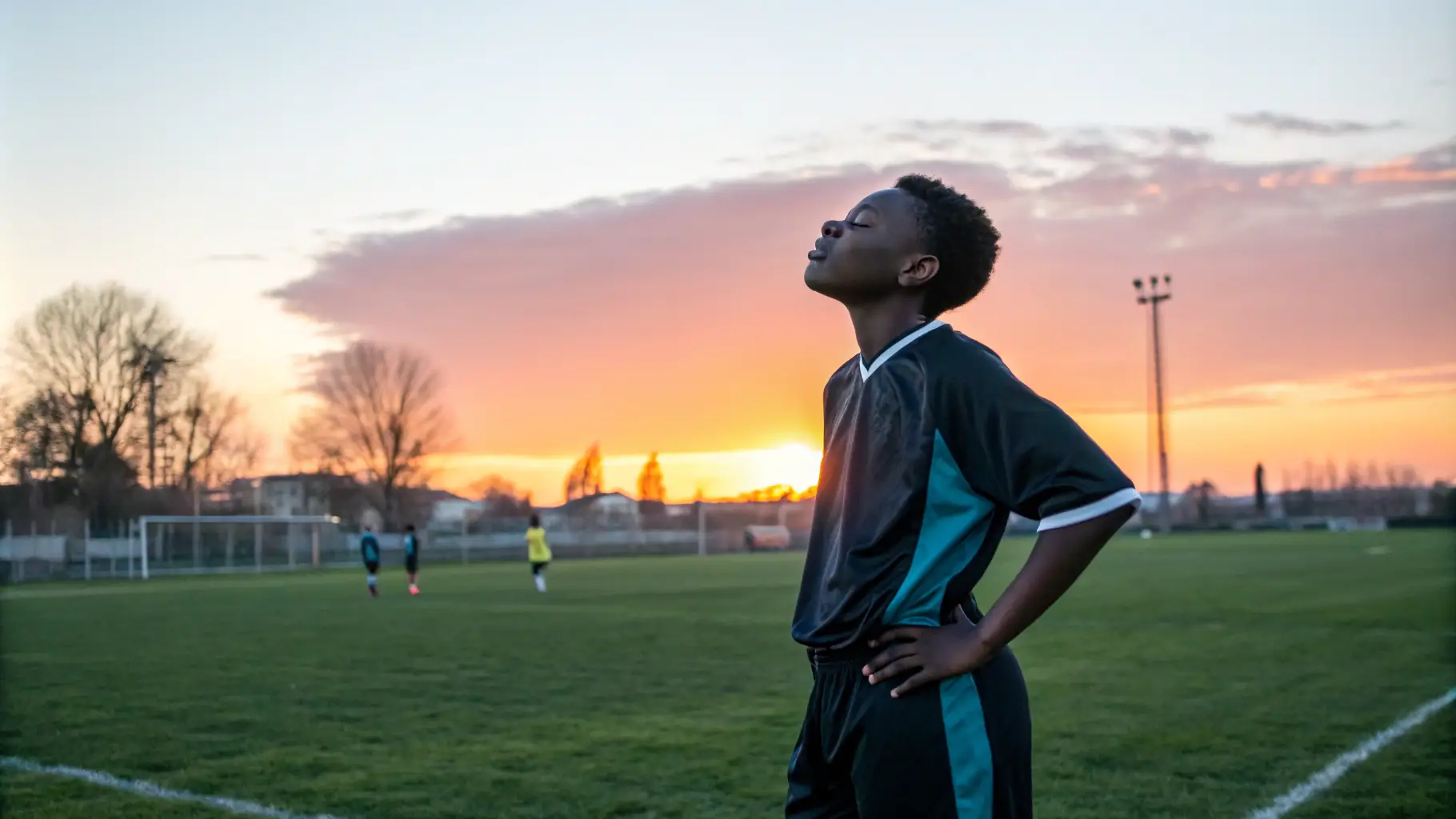Below is an original response by Leo Tallarico to an article from Forbes on the future of performance coaching.
In a recent Forbes article, Dr. Brook Choulet describes mental performance coaching as athletes’ emerging “secret weapon.” While this characterization highlights the growing recognition of cognitive training in athletics, the true power of mental performance coaching lies in its potential to transform not just athletic achievement, but an athlete’s entire relationship with sports and personal development.
Beyond the Secret Weapon: A Personal Journey
The Forbes article features Brandon Epstein, who notes that “at my core, I’m a healer – I can never make an athlete more than who they already are, but my job is to maximize the talent they already have.” This perspective resonates deeply with my own journey from a struggling athlete to a mental performance coach. Like many young athletes, I battled performance anxiety and fear of failure on my path to achieving national athletic recognition. These experiences shaped my understanding that true peak performance emerges when we balance competitive excellence with genuine enjoyment of the game.
The Crisis in Youth Sports
When Epstein observes that professional athletes face overwhelming insecurity due to constant scrutiny, it points to a broader crisis in sports culture. This pressure isn’t limited to professionals – it’s particularly acute in youth sports, where the American Academy of Pediatrics reports that 70% of young athletes drop out by age 13 due to the “professionalization of youth sports.” This statistic isn’t just a number; it represents thousands of young athletes losing their passion for something that should bring joy and development.
A Holistic Approach to Performance
While the Forbes article distinguishes between mental performance coaching and sports psychology, my approach integrates elements of both within a broader biopsychosocial framework. As Epstein notes, “I am looking at the whole human being—mental, emotional, physical well-being-and how each of these elements contributes to performance.” This holistic perspective is crucial, but we can go further by addressing:
- Mental Resilience: Developing practical tools for managing pressure and anxiety
- Emotional Intelligence: Building self-awareness and emotional regulation skills
- Social Dynamics: Improving family relationships and team interactions
- Personal Growth: Fostering development both on and off the field
Breaking the Cycle of Pressure
Epstein’s observation about subconscious programming resonates with what I’ve seen in young athletes: early experiences can create limiting beliefs that affect performance and enjoyment. This understanding drives my approach to working with both athletes and parents, creating a supportive environment that transforms pressure into opportunity.
The Parent-Athlete Dynamic
While the Forbes article focuses on individual athlete development, my experience shows that lasting change often requires addressing the family system. Through parent coaching programs, we can:
- Improve parent-athlete communication
- Develop supportive coaching techniques
- Create a positive sports environment
- Remove performance-limiting interactions
A Path to Flourishing
Mental performance coaching isn’t just about creating better athletes – it’s about nurturing complete human development through sport. My program’s structure reflects this philosophy:
- Initial Performance Assessment: Understanding the athlete’s complete journey, not just their performance metrics
- Customized Performance Plan: Creating strategies that address both immediate challenges and long-term development
- Ongoing Support: Providing adjustments and guidance as athletes progress and evolve
Looking Forward
The future of mental performance coaching lies not in being a “secret weapon” but in its potential to restore joy to athletics while building life-changing skills. As Epstein states in the Forbes article, we’re “looking at the whole human being,” but we must go further – creating environments where young athletes can thrive, families can support healthy development, and sports can return to being a powerful vehicle for personal growth.
Conclusion
While mental performance coaching has indeed become a crucial tool for athletic success, its true value lies in its ability to transform an athlete’s entire relationship with sports and personal development. By combining practical mental techniques with a holistic understanding of human development, we can help young athletes not just perform better, but flourish in all aspects of their lives.
The goal isn’t simply to prevent burnout or enhance performance – it’s to help young athletes develop the mental tools they need to thrive both on and off the field while making sports fun again. This comprehensive approach to mental performance coaching offers a path forward that addresses both the immediate needs of athletes and the broader challenges facing youth sports today.
Sources:
Choulet, B. (2024, August 18). How mental performance coaching became athletes’ secret weapon. Forbes. Retrieved from https://www.forbes.com/sites/brookchoulet/2024/08/18/how-mental-performance-coaching-became-athletes-secret-weapon/



